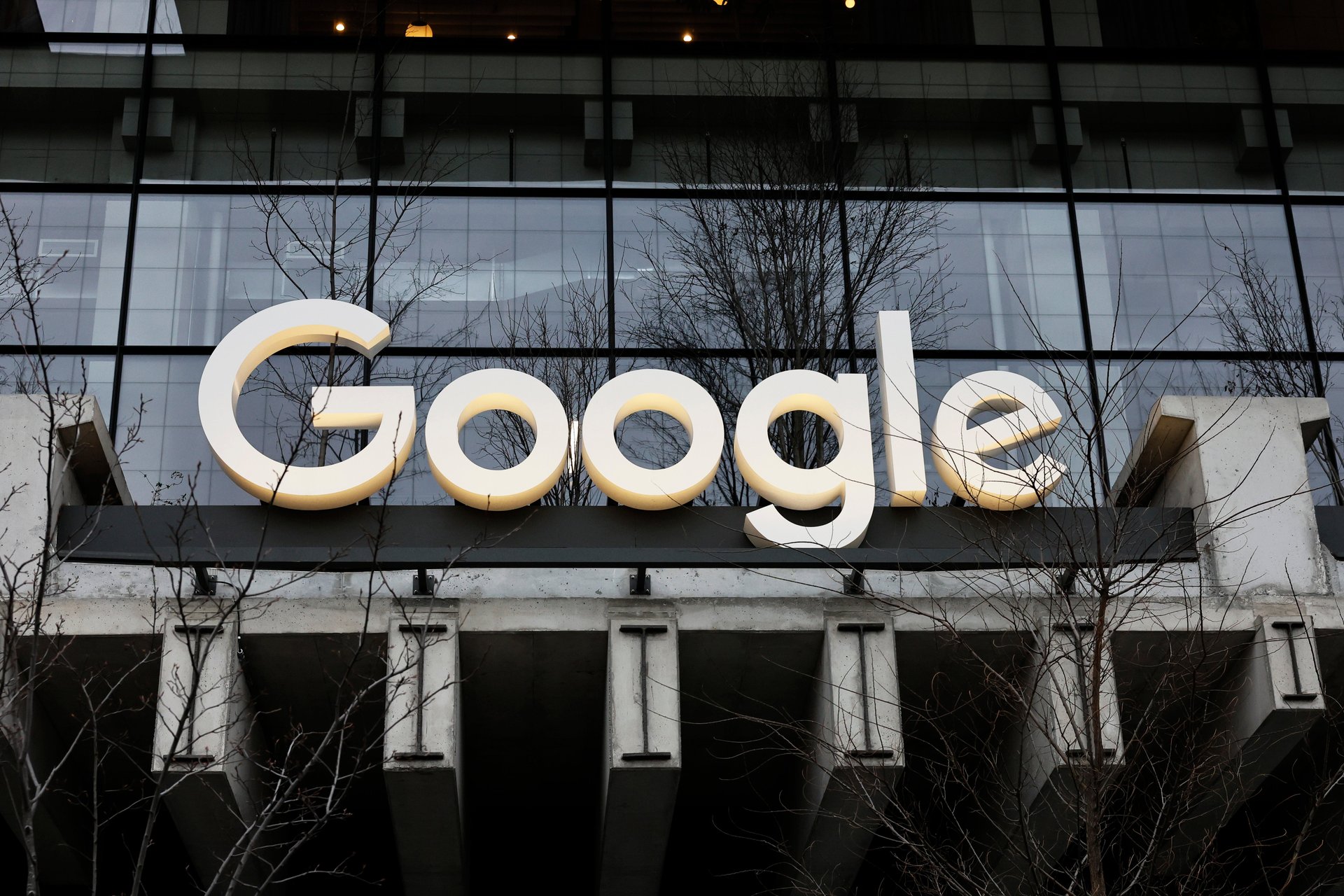Google has abused its power over the ad tech sector for almost a decade, British regulator says
Since at least 2015, Google has allegedly used anti-competitive practices to maintain its dominance

A British regulator on Friday said Google (GOOGL) has abused its dominant position in digital advertising to restrict competition and harm since at least 2015.
Suggested Reading
The Competition and Markets Authority (CMA) said that, on a provisional basis, it believes Google is using “anti-competitive practices” in open-display advertising technology - as in, the software and tools advertisers use to buy and manage digital ads. The agency cited Google’s dominance in the space and preference of its own ad exchange.
Related Content
The “vast majority of publishers and advertisers” use Google’s services in the sector, the CMA said, pointing to a 2019 study that found advertisers spent around 1.8 billion pounds ($2.3 billion) on such services.
“Many businesses are able to keep their digital content free or cheaper by using online advertising to generate revenue,” Juliette Enser, the CMA’s interim executive director of enforcement said in a statement. “Adverts on these websites and apps reach millions of people across the UK – assisting the buying and selling of goods and services.”
The CMA said that Google had used its ad buying tools and publisher ad server to strengthen its ax exchange, AdX, and its position in the market. And, because of how highly-integrated Google’s ad tech business is, rivals have been unable to compete effectively.
Google’s misconduct, according to the regulator, includes providing Adx with exclusive or preferential access to advertisers that use Google Ads and allowing Adx to bid first in auctions run by its publisher ad server, “DoubleClick For Publishers,” which the CMA says gives it a “right of first refusal.” The CMA also alleges that Google manipulated advertiser bids so they have a higher value when submitted to AdX’s auctions when compared to rival exchanges’.
“Our advertising technology tools help websites and apps fund their content, and enable businesses of all sizes to effectively reach new customers,” Dan Taylor, Google’s vice president of Global Ads, said in a statement. “Google remains committed to creating value for our publisher and advertiser partners in this highly competitive sector. The core of this case rests on flawed interpretations of the ad tech sector.”
Taylor added that Google disagrees with the CMA’s view of the situation, and that the company will “respond accordingly.”
The U.S. Department of Justice and European Commission are also looking into Google’s activities in the ad tech sector.
Google is set to go to court on Monday for its second major antitrust trial this year, this time related to its ad tech practices. Unlike the CMA’s findings, this trial will focus more on Google’s Ad Manager, which the Department of Justice has proposed divesting.
In January 2023, the DOJ sued Google, alleging that the tech giant engaged in “anticompetitive” conduct to “eliminate or severely diminish any threat to its dominance” in the sector. The agency estimated that Google’s share of the ad tech market was between 40% and 90%, as of 2022.
The “overall risk to the business is limited” based on recent financial disclosures Google made related to its advertising technology products, a group of analysts at Wedbush said in a recent research note. The analysts, citing court filings, found that Google Ad Manager represented only 4.1% of Google parent Alphabet’s overall revenue and 1.5% of its operating profit in 2020.
This follows a ruling in a separate antitrust case, which found that Google monopolized the online search engine market, pushing out competitors such as DuckDuckGo and Microsoft’s Bing. That was the first major tech antitrust lawsuit since U.S. v. Microsoft, a 1998 case that similarly found Microsoft monopolized computer operating systems.
Google has said it plans to appeal the court’s decision. A hearing in that case is scheduled for Friday to discuss next steps, which reportedly could involve spinning off certain parts of its business or walking away from agreements with companies, such as Apple, that made Google’s search engine the default.
—Rocio Fabbro contributed to this story.
